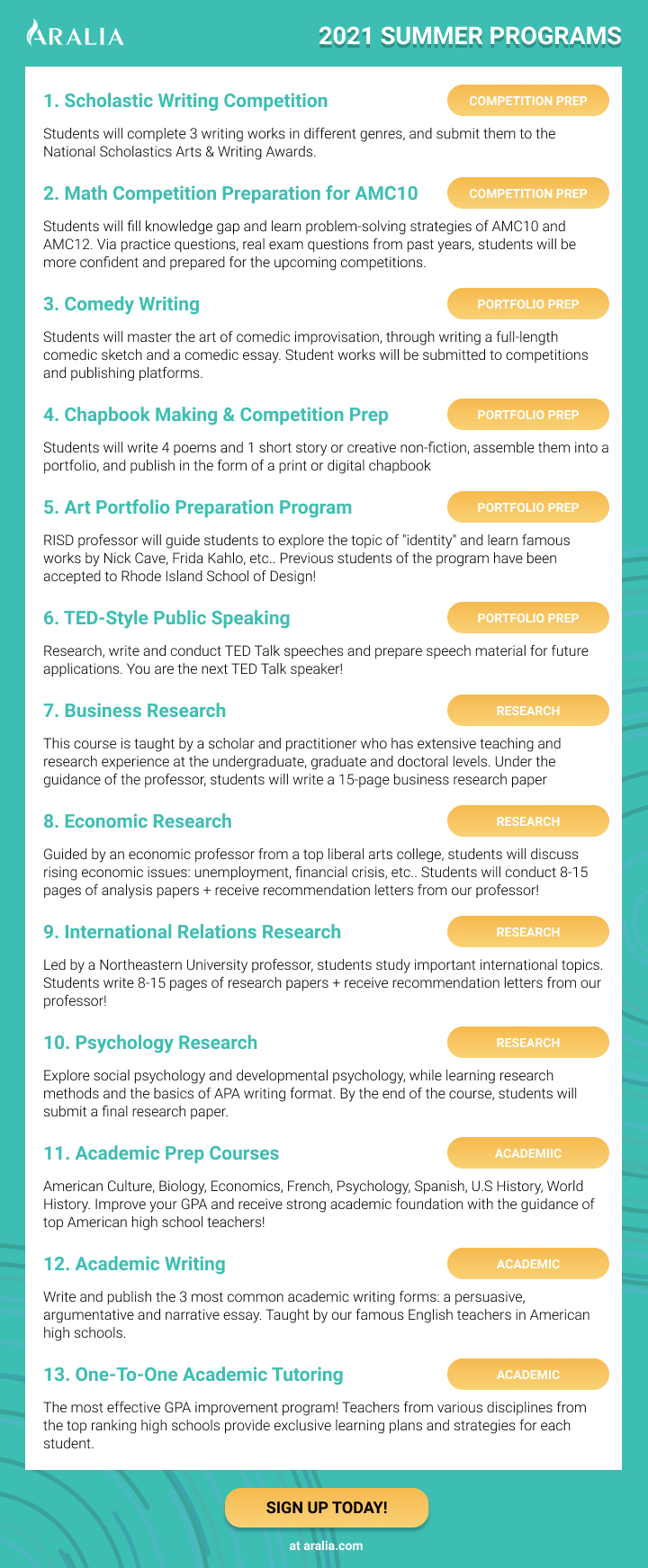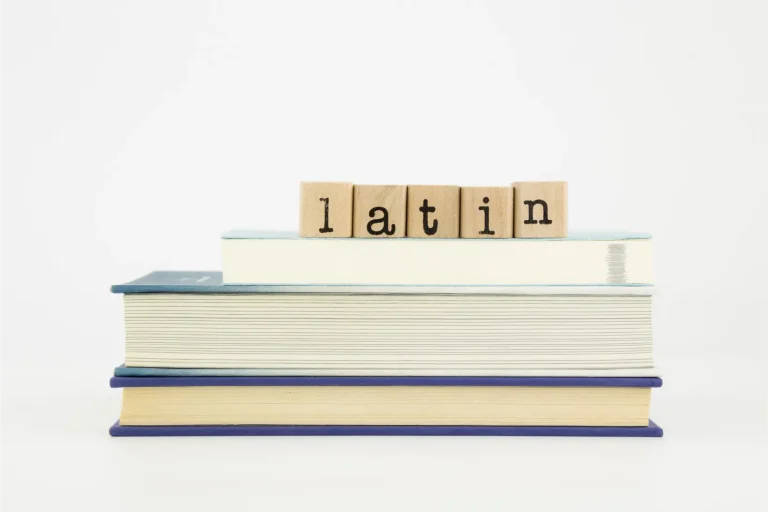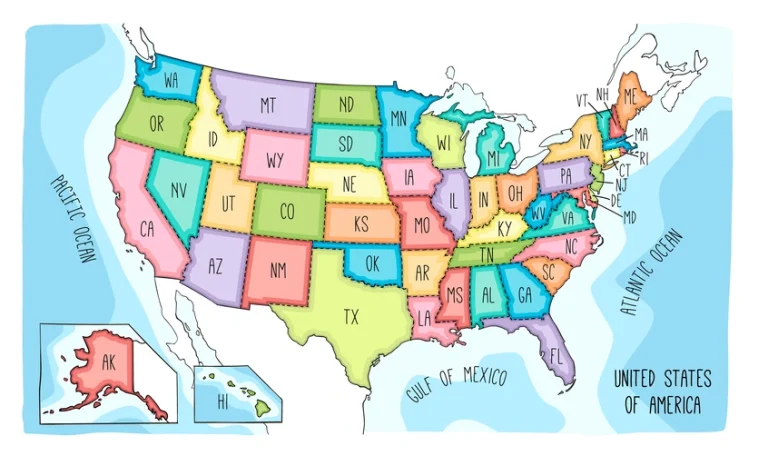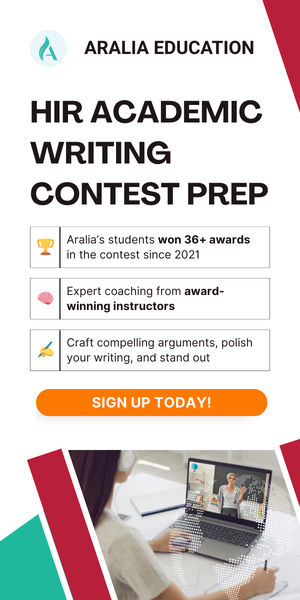1. Where to find your research mentor
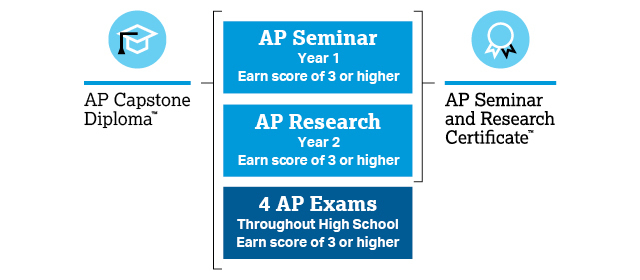
2. How to find topics for research
- What have you always wondered throughout the day?
- Have there been previous research papers that answered your questions?
- How does answering the research question help you in the future?
3. What are the steps to conduct research?
We have written an article specifying 8 steps in the research process for high school students. To give you an overview of the beginning to end, from the moment you come up with an idea about a research topic to when finishing your first paper, you should:
Step 1. Find a Mentor or Adviser
As mentioned above, you should find a mentor who has the expertise in your subject of interest, or who shares similar interests with you. If none of the teachers at your school have the expertise or the passion in the area you are interested in researching, you can reach out to our team at Aralia. We are launching multiple summer courses focused on Research to help students jumpstart their research careers and boost their resumes for their college applications. Our teachers are high school teachers and college professors from top-ranking schools across the United States and have extensive knowledge and expertise in research across varied topics and disciplines. Details about the courses can be found below:
Step 3: Identify your question and develop your topic
There are millions of results on the Internet, and sometimes you may be lost in finding the right articles or books for the research context. Articles on the Internet are often unreliable, especially regarding magazine or newspaper articles. The reason is that those writers are not credible researchers or scholars in their chosen field and frequently interpret their opinions with the facts. Cornell University released a video showing students How to identify Scholarly Journal Articles and Substantive News Articles. Take a look at the videos for general instruction, and if you need further guidance, feel free to Aralia, and our tutors will help you with this topic! We have high school and college tutors who are experts in the research field, especially in economics and historical research.
- Errors in spelling, grammar, and punctuation. Make sure that your research paper is free of those errors.
- Citation. Double-check your instructor’s requirements to see which citation format you should follow and make sure the sources you used are cited properly
- Your writing style. The last and the most important thing you should check is your writing: Is your paper easy to comprehend? Is your message clear to the reader? Is the data you present correct?
The typical process is you self-edit first and then your mentor will take a look at it. After two rounds of editing, you will make changes and do the last edits/proofreading.
Now, you are finally ready to publish your research paper! There are many platforms for you to publish your work on, such as an actual journal or publication, or a competition you want to participate in. Research is an exciting journey where you discover your true potential, your inner passion, and your professional interest. If you decide to take a research class with Aralia, you are definitely in good hands! For students who are interested in pursuing research and would like to advance their research skills, read more about Aralia’s summer program:
